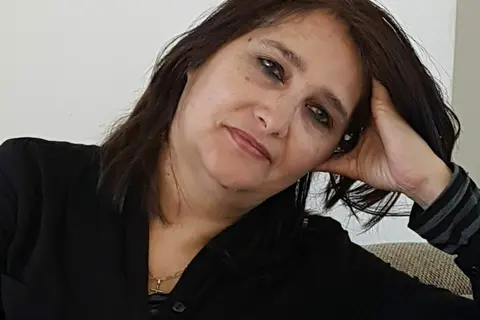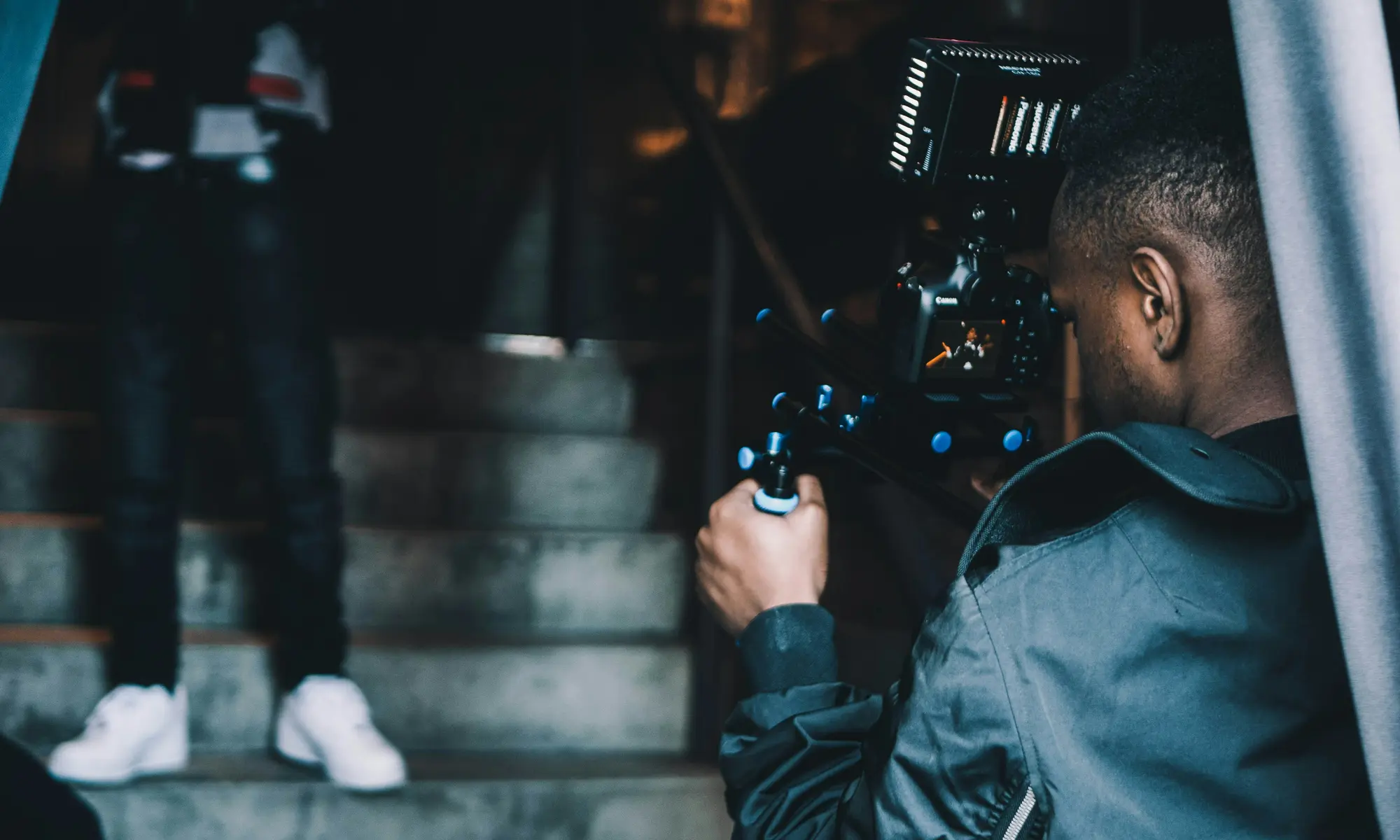Residences were only for white students
Written , Apartheid , Struggle , YouthI grew up in Lansdowne, on the Cape Flats, in a big and supportive family. My mother and my father’s family were from Claremont and most of us were evicted when the apartheid government used the Group Areas Act to declare that only white families could live in the suburb. My father’s aunt had a stroke that crippled her when the white government lorry pulled up to load up her life and take it away.
I started high school in 1976. A policeman’s sjambok whipped down my spine when I marched through the streets for the first time. The violence meted out to boycotting schoolchildren in the Western Cape was as vicious as it was in Soweto; more than 120 were shot dead in the Cape, hundreds more were injured. We sang when we marched: ‘freedom isn’t free/ you have to pay the price/ you have to sacrifice/ for your liberty.’
I carried inside me all those thousands of people who had been killed by the police and the army so that I could be a citizen in the land of my birth.
I matriculated in 1980. That year the school boycott started in the Western Cape and spread to the rest of the country. We were demanding an end to apartheid education; we wanted the same schools as white children – with decent facilities and excellent teachers.
I wanted to be a journalist, one of my English teachers said I would be good at it. But when I applied to Rhodes University I was told there was no accommodation for me – their residences were for white students only. I applied for a permit to go to the University of Cape Town to study law, it was granted and I was allowed into the whites-only university. But my heart wasn’t in it and student politics were more exciting than law lectures, so I didn’t succeed.
I started my journalism career in the 1980s, the decade of the final push against apartheid, inspired by the slogan ‘freedom or death’, victory is certain’. I buried many friends, with a notebook in my hand at their funerals to record the police teargassing and whipping mourners, ripping flags off coffins.
In 1994 as I stood in the queue to vote, I carried inside me all those thousands of people who had been killed by the police and the army so that I could be a citizen in the land of my birth.
Those sacrifices must not be in vain. The freedom for which people gave up their lives must be realised. Today millions of children are still waiting for their schools with excellent facilities and passionate teachers. Millions of adults haven’t received the freedom to pursue careers, live where they want, and raise their children in a safe environment.
On Freedom Day people should pause to remember those who died and to consider the work that still needs to be done so that every person in this land enjoys full citizenship.
Rehana Rossouw is a commissioning editor at Business Day and the author of two novels, What Will People Say? and New Times.
Featured






